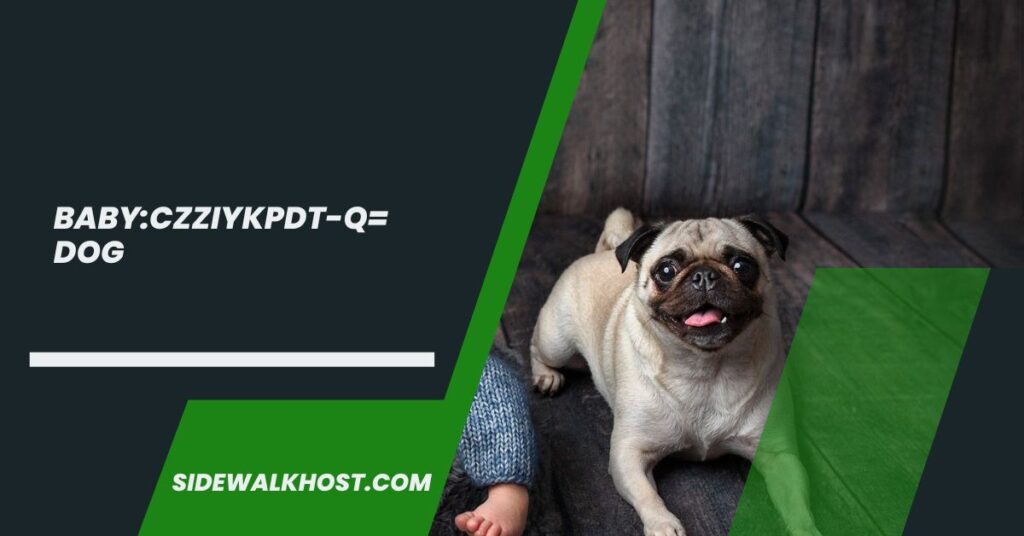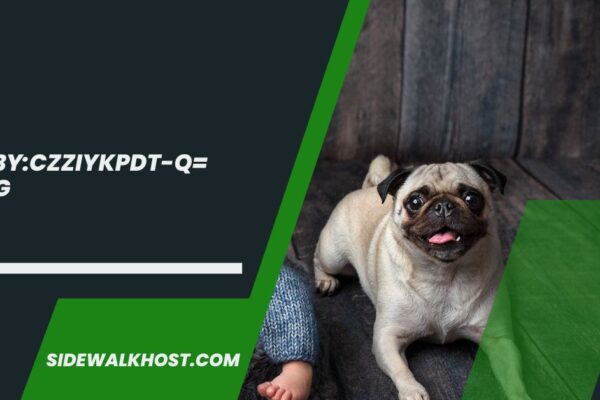
Baby:Czziykpdt-Q= Dog – Find Out!
After experiencing baby:czziykpdt-q= dog firsthand, I can confidently say it’s been a game-changer. It brought…

After experiencing baby:czziykpdt-q= dog firsthand, I can confidently say it’s been a game-changer. It brought so much joy and comfort to our daily routine. Let me share why this unique choice was perfect for our family! Baby:czziykpdt-q= dog offers a unique experience for families looking to add a new member. After trying it myself, I…

Creating a cute:lrn58vezlhw= drawing was a journey I’ll never forget. I remember the first time I tried it—how the simple lines came to life in ways I hadn’t expected. Now, I want to share my experience and the steps that made it all come together so perfectly. cute:lrn58vezlhw= Drawing is a unique and fun way…

Fighting the ender dragon:urv7cjuhki4= minecraft was an exciting challenge for me. Beating it made me feel proud and gave me great memories from the game. Facing the ender dragon:urv7cjuhki4= minecraft is a thrilling challenge that marks a big milestone in the game. With strong weapons, armor, and a smart strategy, I found success and earned…

The Girl:azawmgk30pi= anime has a mystery and personal growth story. The main character goes through many challenges that help her grow more robust. The story keeps viewers curious, with many secrets to uncover. As she faces difficult situations, she learns important life lessons. Her story best illustrates how a person can change and improve himself….

Watching the Cleveland Guardian standings this season has been thrilling! Seeing them overcome early setbacks to clinch the AL Central title feels like true Cleveland resilience. Now, with a top playoff spot in sight, the excitement is at an all-time high! The Cleveland Guardians have battled their way to clinch the AL Central title, showcasing…

Trying to keep up with Monopoly Go without spending extra can be tough, but finding free dice links has been a game-changer for me! Every day, I grab these links and save on dice rolls, letting me progress faster without the cost. Unlock extra rolls in Monopoly Go with free dice links! This guide shows…

I recently tried Fanfix, and it completely changed the way I engage with my favorite creators. The platform offers a unique experience for both fans and creators. Here’s how it worked for me and why I recommend it. Fanfix lets fans connect with creators on a personal level by subscribing to exclusive content. For a…

Using Blooket codes instantly transformed my gameplay! With just a few codes, I unlocked rare books and exclusive power-ups, making each round more exciting. I always grab the latest codes before playing to keep things fresh and level up faster. Blooket code unlock free rewards like blooks, power-ups, and other bonuses to enhance your gameplay….

The Cleveland Cavaliers take on the Orlando Magic was thrilling, especially seeing players like Darius Garland and Jalen Suggs step up! Garland’s court vision and Suggs’ shooting skills made every moment intense. The recent Cleveland Cavaliers vs. Orlando Magic match showcased impressive player stats, with Darius Garland and Evan Mobley leading the Cavs, while Jalen…

Lookmovie2 is a free streaming platform that features many movies and TV shows. It appeals to many users because it entertains without subscription fees. This guide explains how Lookmovie2 works, highlights its pros and cons, and examines its safety. Stay with us as we talk more about Lookmovie2. We’ll explain how it works, the good…